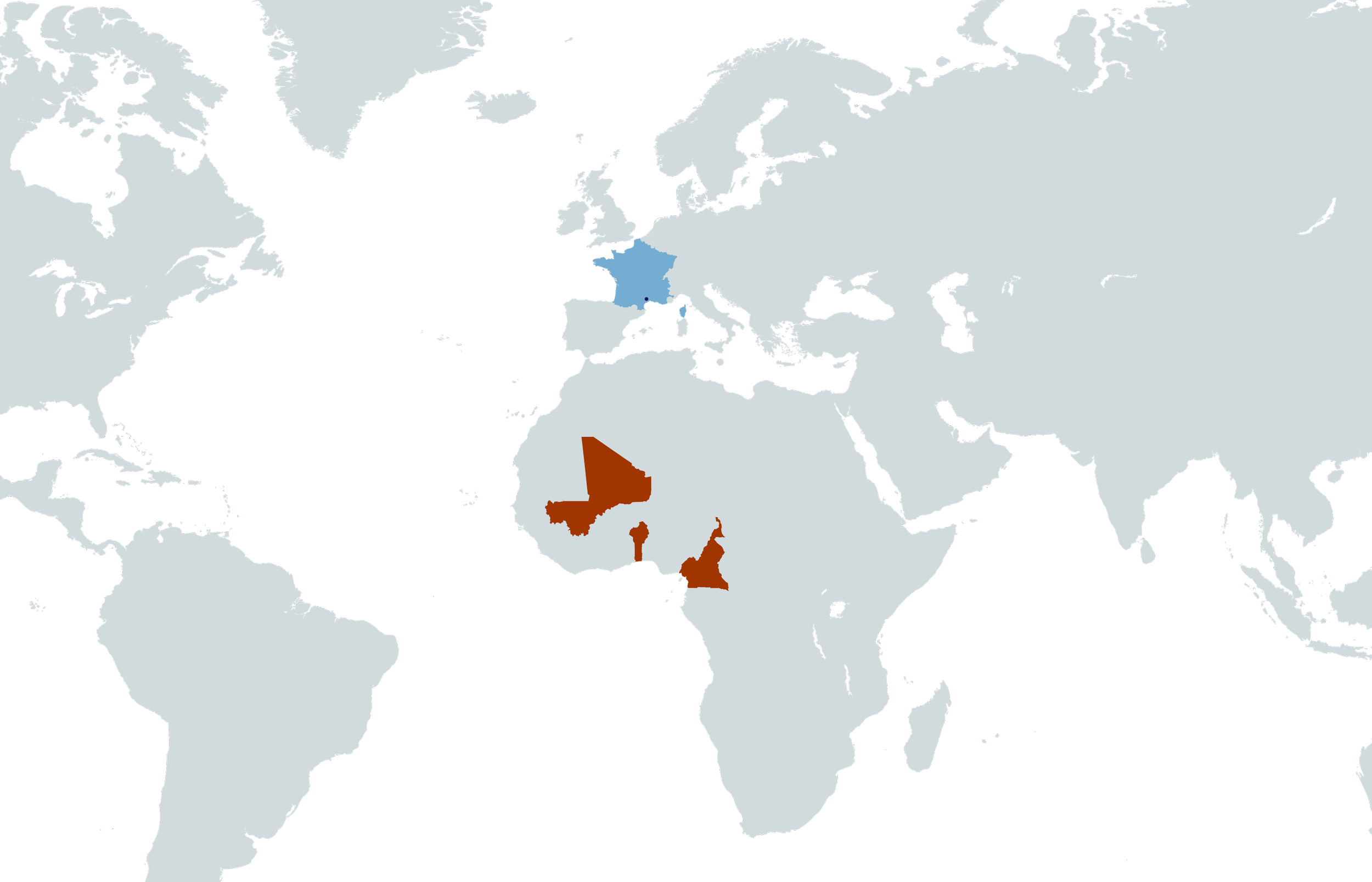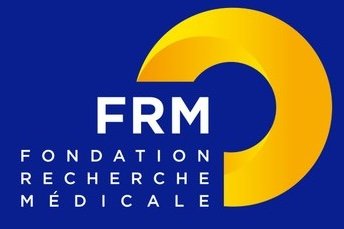How do unicellular organisms make cell fate decisions? We are studying this question in the malaria parasite Plasmodium falciparum. We aim to elucidate cellular decision making in the lab and in natural infections in Africa with the objectives to (i) Understand the hard-wired regulatory architecture that enables life cycle progression in a timely manner (ii) Understand how developmental plasticity enables the parasite to adapt to environmental variation.
We aspire to describe original pieces of biology with a cellular and evolutionary lens in this basal eukaryotic group both to expand knowledge of how cells make and implement decisions and identify targetable processes in the continuing fight against malaria.
How sex is determined in the absence of sex chromosomes
How do malaria parasite evade the immune system?
Behavioural manipulation of Anopheles mosquito by Plasmodium (collaboration with Anna Cohuet)
Host-pathogen interactions in the placenta (collaboration with Celia Dechavanne)

Where we work
We are principally based at the IRD centre in Montpellier.
Understanding parasites directly in their natural environment is key. We have very strong ties to several labs in malaria endemic countries including the labs of:
Abdoulaye Djimde (MRTC, Bamako Mali)
Celia Dechavanne (MERIT, Cotonou Benin)
Sandrine Nsango (CPC, Yaoundé Cameroon)
We are currently funded by













